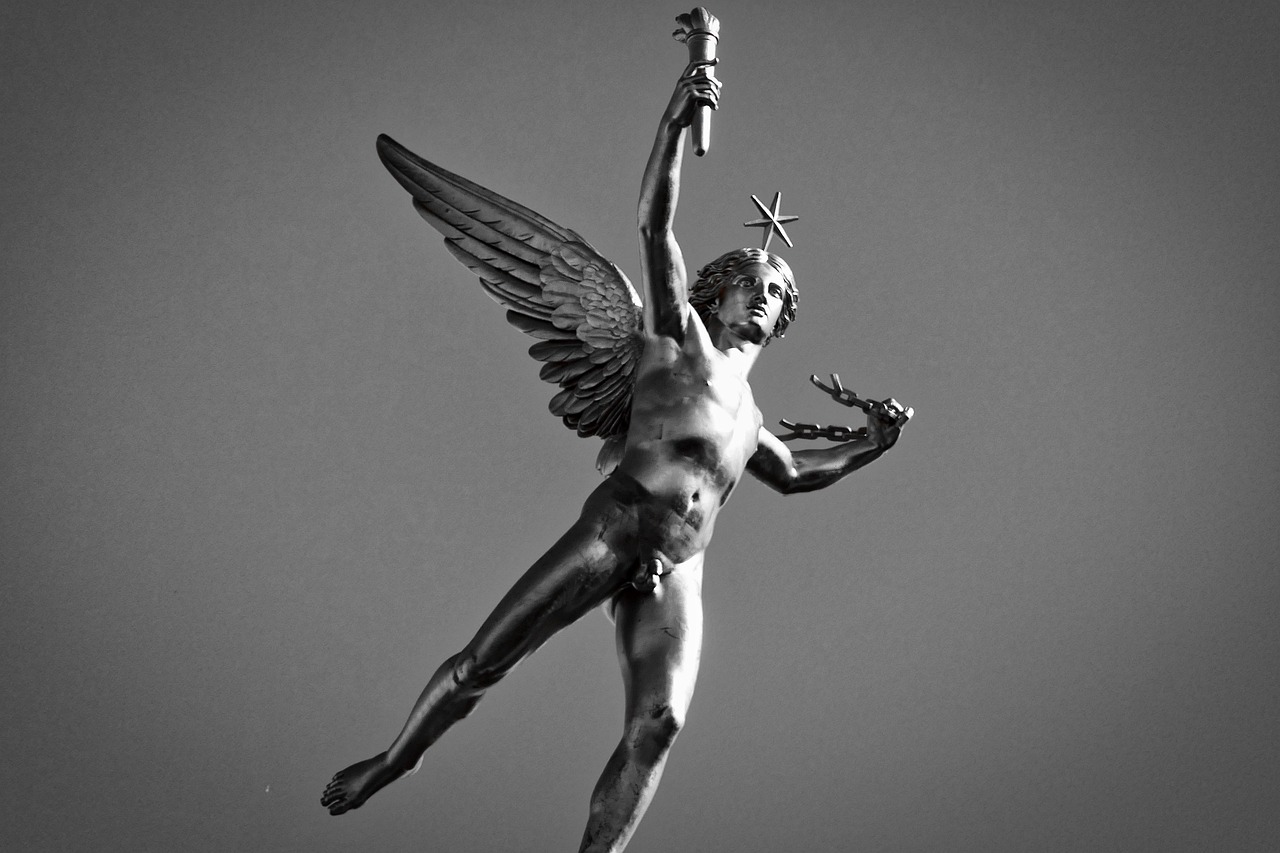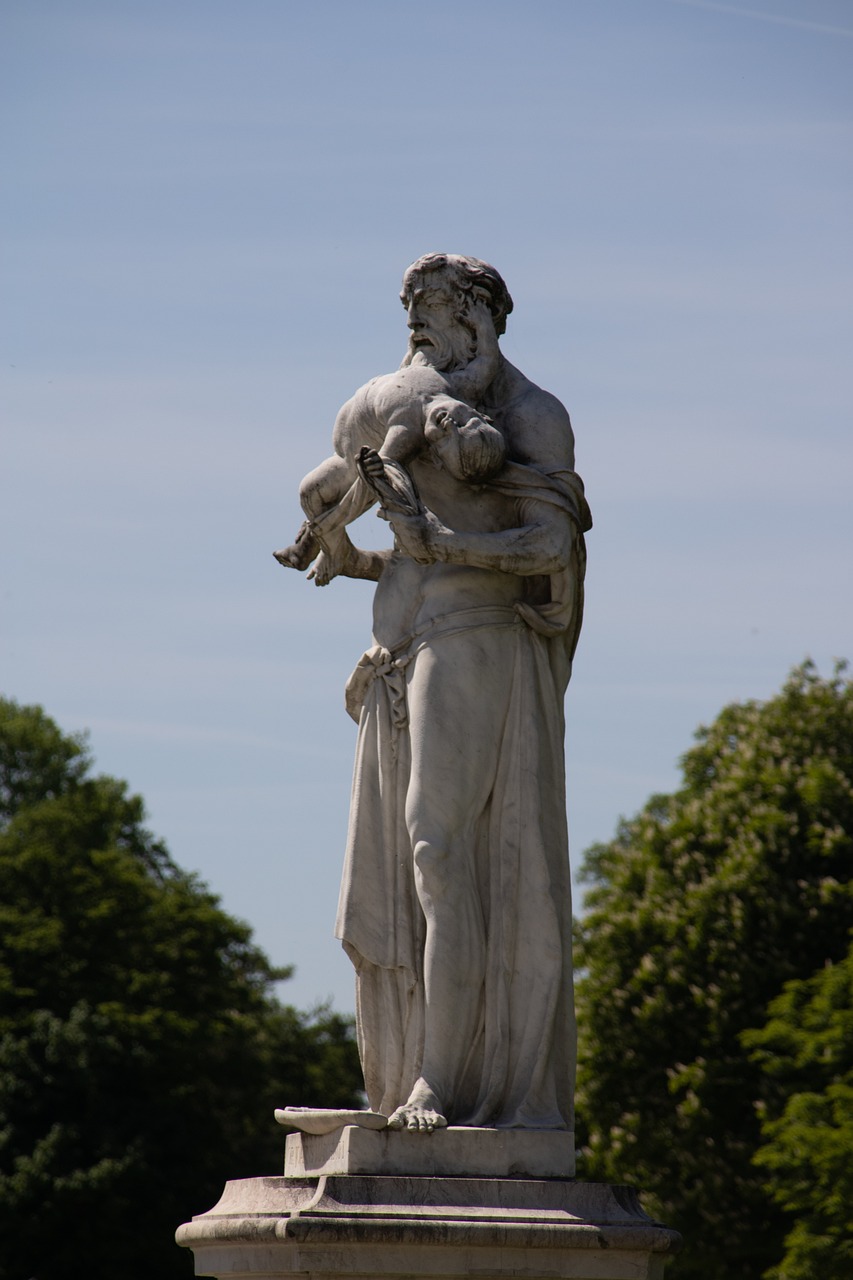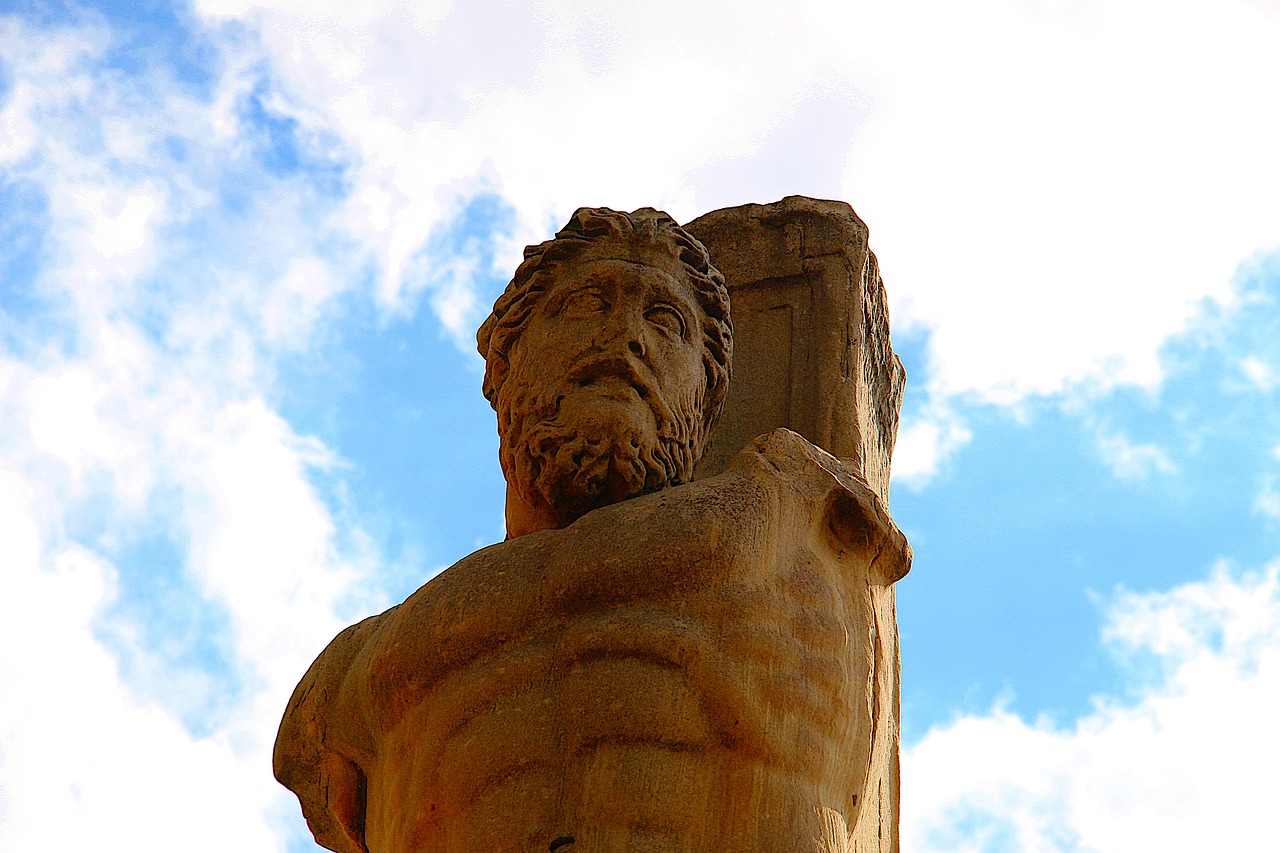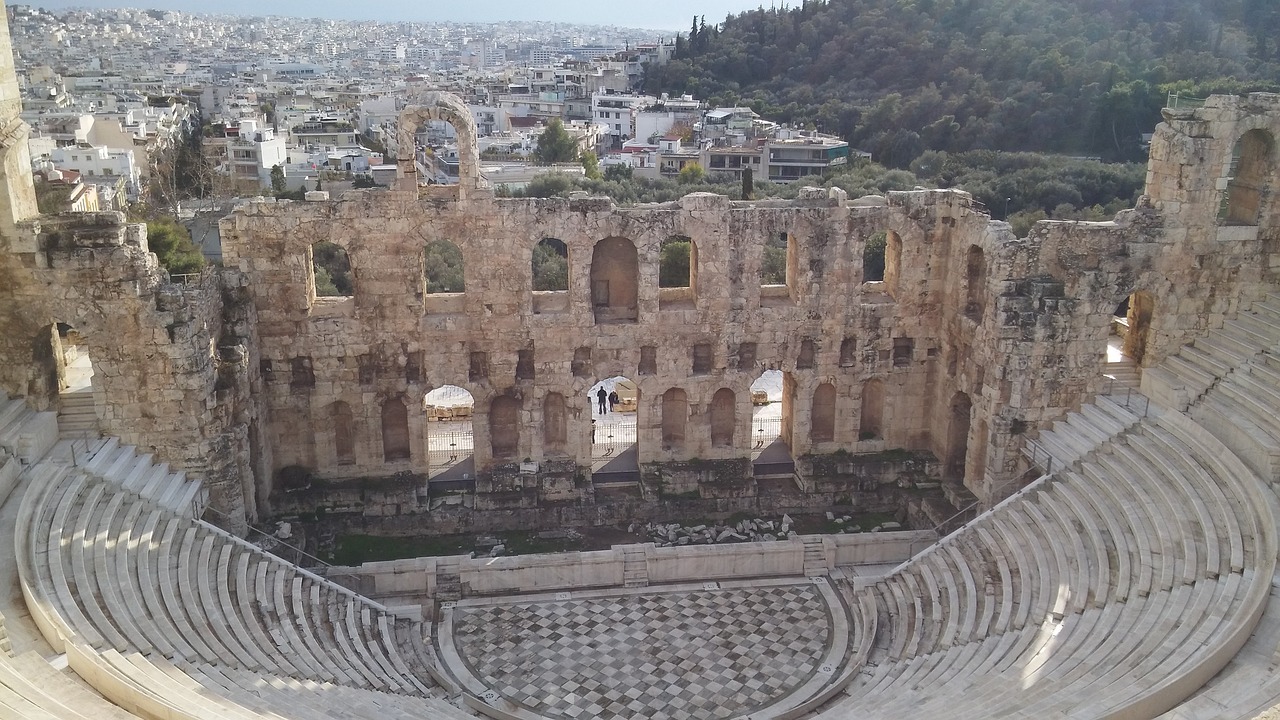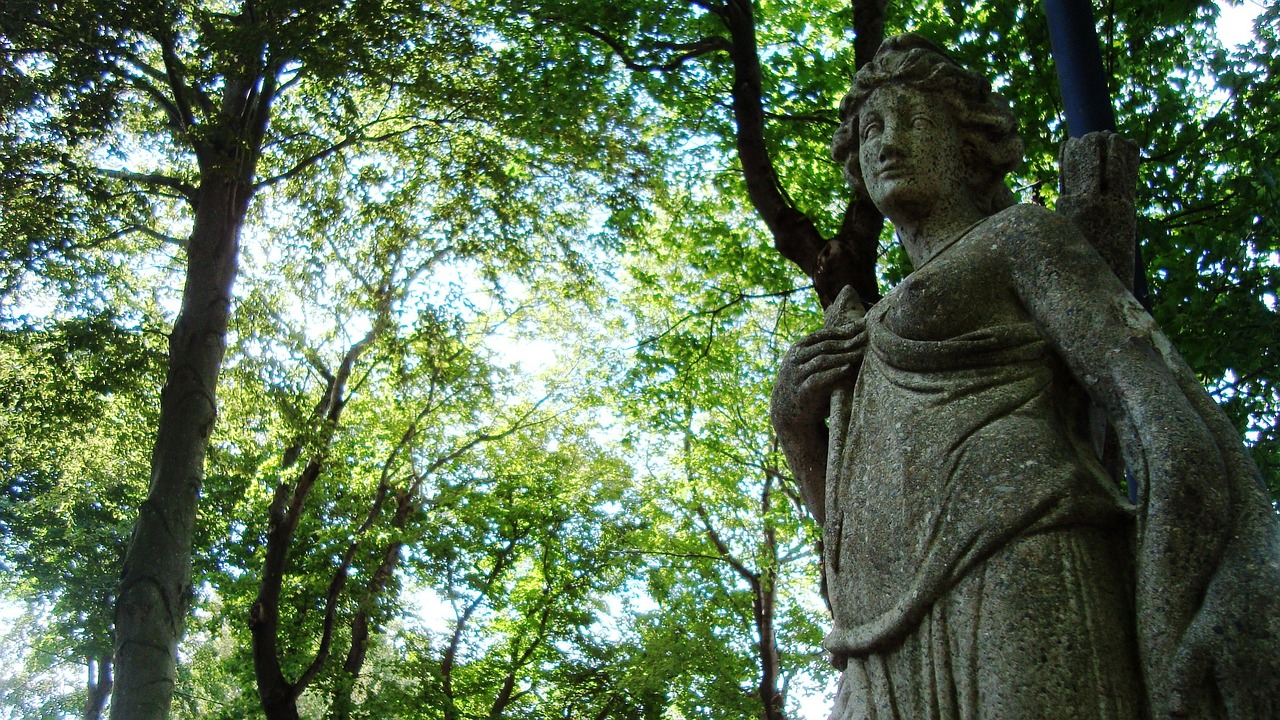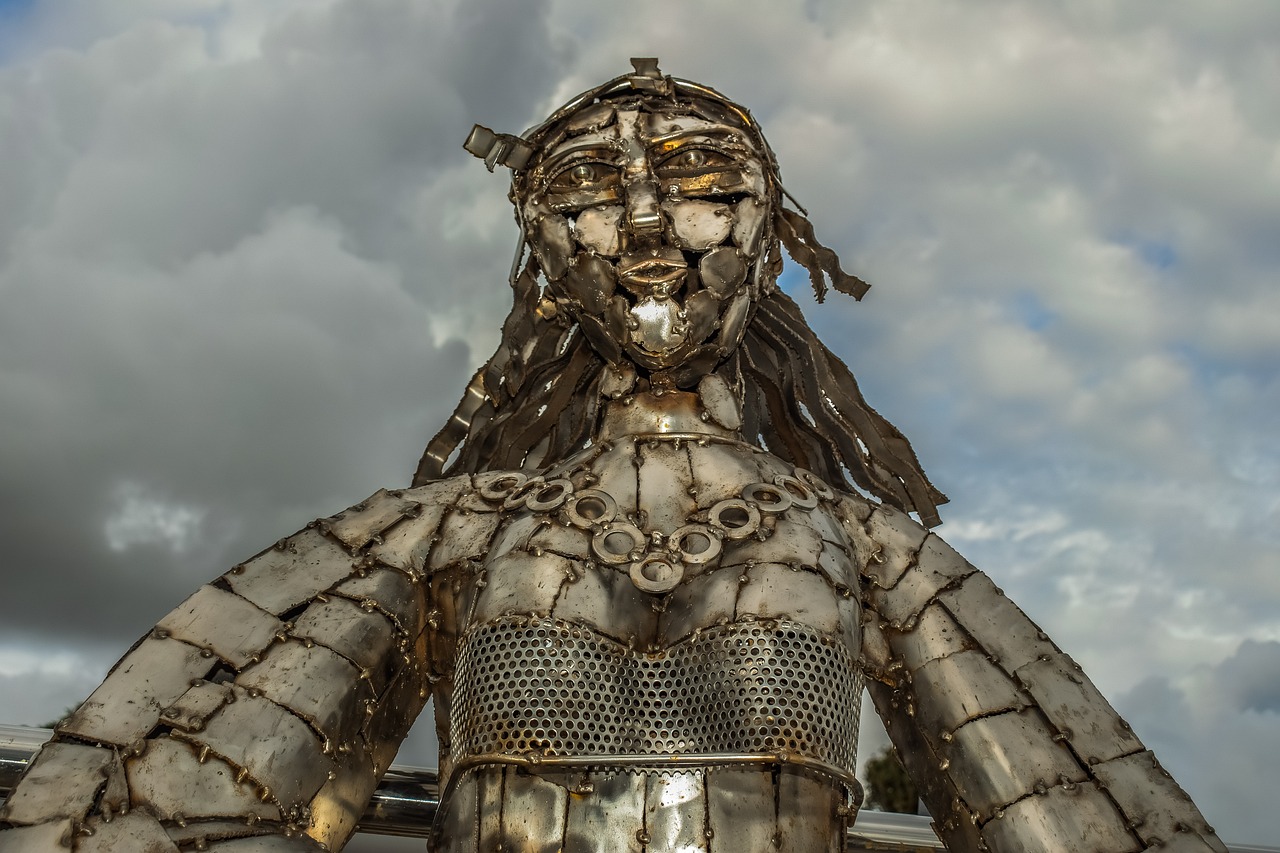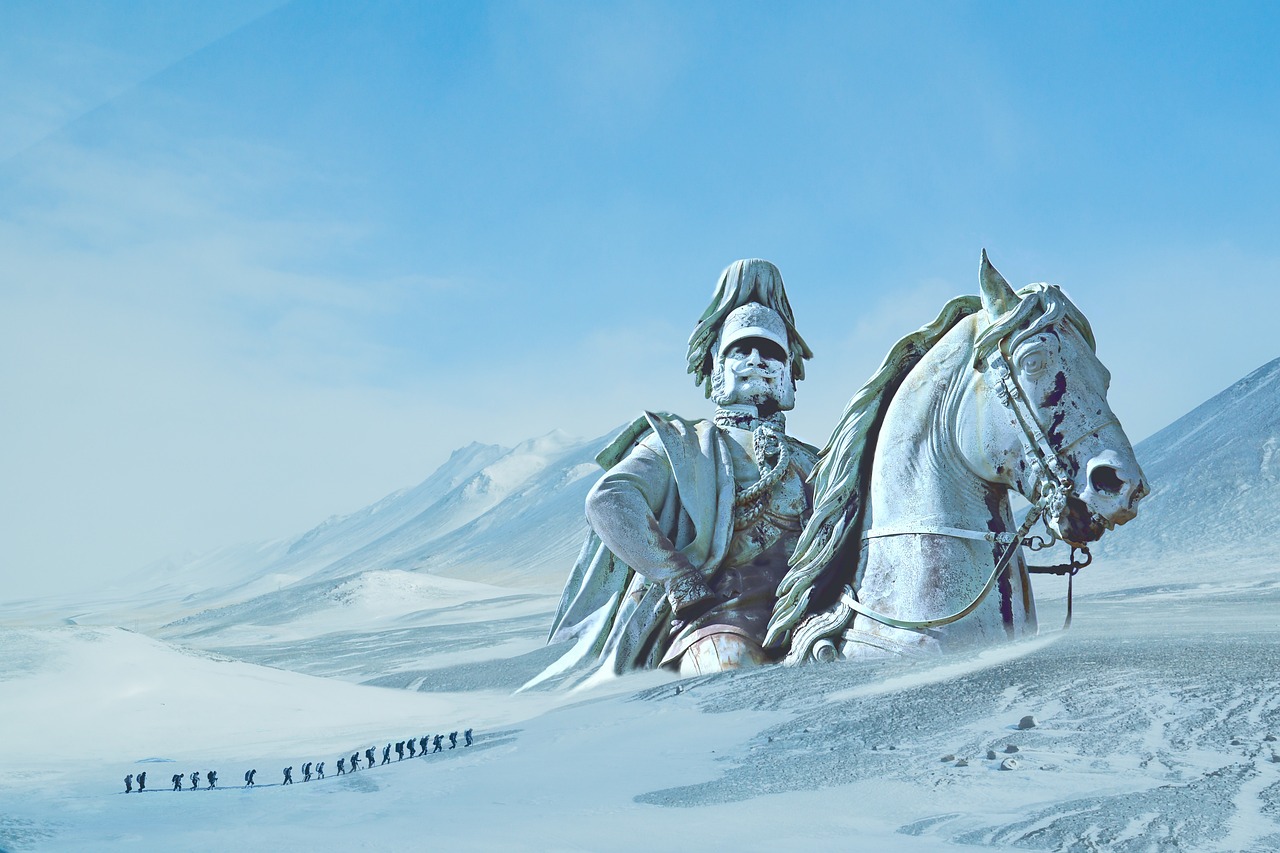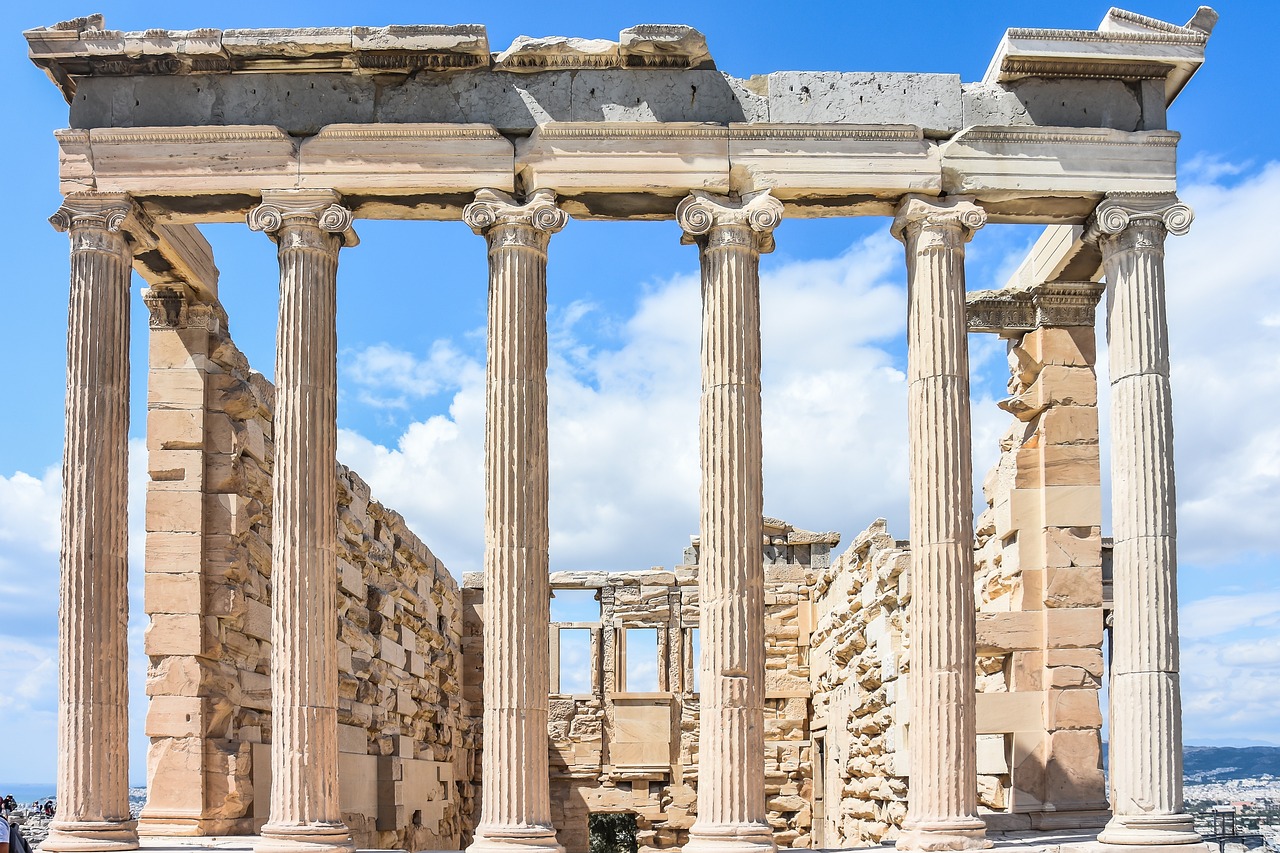Tag: Greek mythology
-
Odysseus, a central character in Homer’s renowned epic, the Odyssey, is one of the most frequently depicted figures in Western literature. He is described by Homer as the king of Ithaca, offspring of Laertes and Anticleia (daughter of Autolycus from Parnassus), and the father of Telemachus through his marriage to Penelope. Some later accounts suggest…
-
In the realm of Greek mythology, Cronus, often spelled Kronos, is a pivotal figure classified as a Titan and recognized as the youngest offspring of Uranus (the sky) and Gaia (the earth). Known for usurping Uranus, Cronus ascended to become the first sovereign of the universe, governing alongside his Titan siblings. He united in matrimony…
-
In ancient Greek mythology, the Titan Prometheus is renowned both for his cunning nature and for bestowing the essential gift of fire upon humanity. This act of defiance against the god Zeus resulted in severe retribution, wherein every day an eagle would consume his liver while he remained shackled to a rock, unable to escape…
-
Zeus, the predominant deity in ancient Greek mythology, is a sky and weather god and is synonymous with the Roman god Jupiter. His name likely shares roots with the ancient Hindu sky god Dyaus, as found in the Rigveda. Known as a formidable figure who wielded thunder and lightning, Zeus’s primary weapon was the thunderbolt,…
-
Greek mythology comprises a rich tapestry of stories about deities, heroes, and ancient rituals that shaped the beliefs and practices of the ancient Greeks. While the notion that these myths were entirely factual was prevalent among many people, critical thinkers like Plato in the 5th–4th centuries BCE acknowledged their fictional elements. These myths have left…
-
Greek mythology encompasses a rich tapestry of narratives surrounding the gods, heroes, and rituals that characterized the beliefs of the ancient Greeks during Classical antiquity. Although some critical thinkers, notably the philosopher Plato in the 5th-4th centuries BCE, recognized that myths included elements of fiction, they were generally accepted as truth among the populace. Greek…
-
Hera, the revered queen of the Olympian gods, embodies the divine aspects of marriage, women, the heavens, and the celestial stars. Often depicted as an exquisitely beautiful figure wearing a regal crown and clutching a scepter adorned with lotus motifs, she is sometimes seen alongside symbols such as a lion, a cuckoo, or a hawk.…
-
The Titaness Rhea in Greek Mythology Overview Rhea, also known as Rheia, is a prominent Titaness in ancient Greek mythology, recognized as the matron of the gods and a deity symbolizing fertility, motherhood, and generational continuity. Her name, signifying “flow” and “ease,” reflects her embodiment of the natural cycles of life, such as menstruation, childbirth,…
-
ATLAS: The Titan Who Carries the Heavens Atlas is known as the Titan who upholds the sky, embodying the trait of endurance (atlaô). As a prominent figure among the Titans, he led a rebellion against Zeus, only to face defeat. As punishment for his treachery, he was sentenced to support the heavens on his shoulders.…
-
Athena: The Olympian Goddess of Wisdom and War Athena, the illustrious goddess of wisdom and battle strategy, was a pivotal figure in Greek mythology. Revered for her intellect and valiant deeds, she is known as the protector of cities and a patroness of various crafts including weaving and pottery. Visual representations consistently feature her as…

